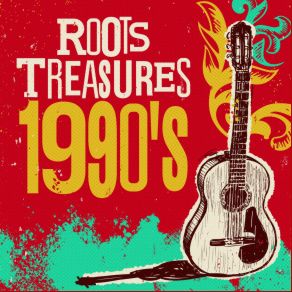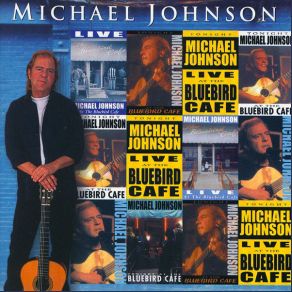Pat Alger
Wikimp3 information about the music of Pat Alger. On our website we have 3 albums and 16 collections of artist Pat Alger. You can find useful information and download songs of this artist. We also know that Pat Alger represents Songwriter/Lyricist genres.
Biography
[Edit]Pat Alger, who is among the most successful country songwriters of the late '80s and early '90s, comes from a folk background, and that colors the unusually thoughtful, articulated songs he writes. He first turned up on record himself playing guitar and singing with the loosely constructed Woodstock Mountain Revue on the album More Music from Mud Acres in 1977. He was a co-author of the song "Ocracoke Time," which appeared on the Revue's third album, Pretty Lucky, in 1978, as well as "Old Time Music" on its fourth album, Back to Mud Acres, in 1981, and the sole author of "Southern Crescent Line" on the same album.
But Alger really began to gain recognition as a songwriter with the release of Nanci Griffith's third album, Once in a Very Blue Moon, in 1985. Alger co-wrote the title song, which reached the country charts in 1986. He was also heard from on Griffith's fourth album, The Last of the True Believers, in 1986, for which he co-wrote the song "Goin' Gone." (He also played guitar on the album and did its graphics.) Alger was co-author of the title song on Griffith's 1987 album, Lone Star State of Mind, and that song became a Top 40 country hit. In 1988, Kathy Mattea's version of "Goin' Gone" hit the top of the country charts. In 1990, Mattea took Alger and Fred Koller's "She Came from Fort Worth" to number two.
It's no surprise, then, that when Alger came to record his debut album, True Love & Other Short Stories, in 1991, he was able to call on the help of the cream of the young Nashville writers and performers. Trisha Yearwood, Nanci Griffith, Mary Black, Ashley Cleveland, Kathy Mattea, and Lyle Lovett all turn up, though Alger himself is the focus, singing his best-known songs. "No one sings or plays Pat Alger like Pat Alger himself," Griffith writes.
Title: True Love & Other Short Stories
Artist: Pat Alger
Genre: Country, Songwriter/Lyricist, Contemporary Folk
Collections
Title: Singer Songwriter - Unplugged
Genre: Songwriter/Lyricist
Title: The Sexy Side of Country
Genre: Country
Title: A Beginners Guide To Acoustic Roots Music
Genre: Folk
Title: American Folk Heartbreakers
Genre: Folk
Title: Singer Songwriter Royalty
Genre: Folk
Title: Folk Masters: Singers
Genre: Folk
Title: Folk Masters: Guitarists
Genre: Folk
Title: Folk Treasures - 1990's
Genre: Folk
Title: Roots Treasures - 1990's
Genre: Folk
Title: Cowboys Unite, Vol. 2
Genre: Country
Title: Country Heartbreakers
Genre: Country
Title: 20 Singer Songwriter Hits
Genre: Folk
Title: Country Loves Jesus
Genre: Country
Title: Honest Singer Songwriters
Genre: Folk
Title: Woodstock Mountains: More Music From Mud Acres 2019
Genre: World Music, Country, Folk
Featuring albums
Title: Live At the Bluebird Café / Live At the Bluebird Cafe
Artist: Michael Johnson
Genre: Rock, Country, Pop, Songwriter/Lyricist




















